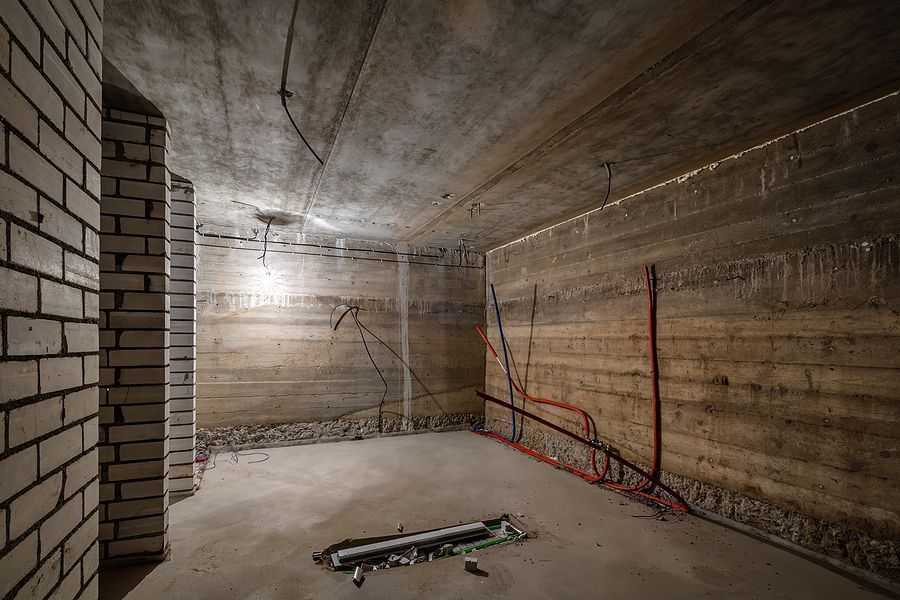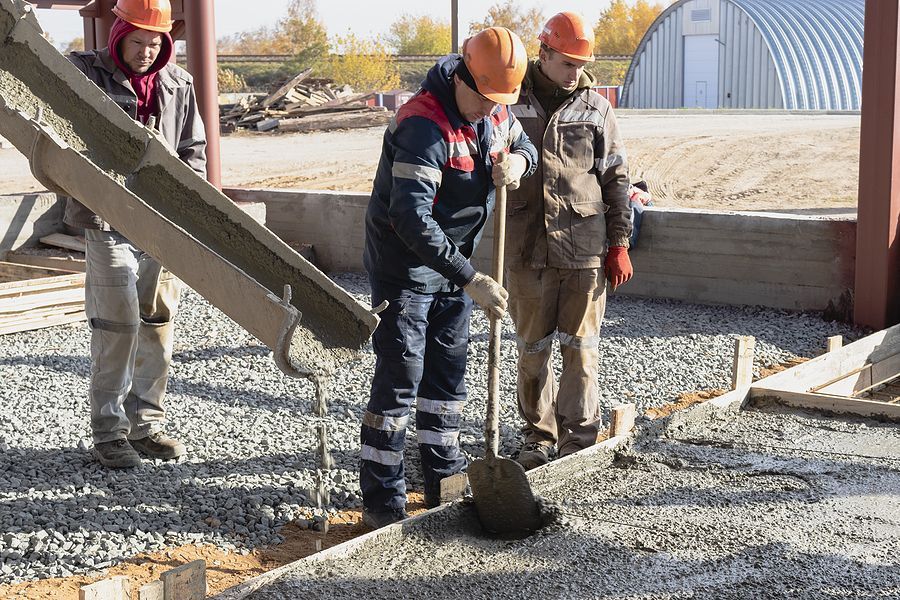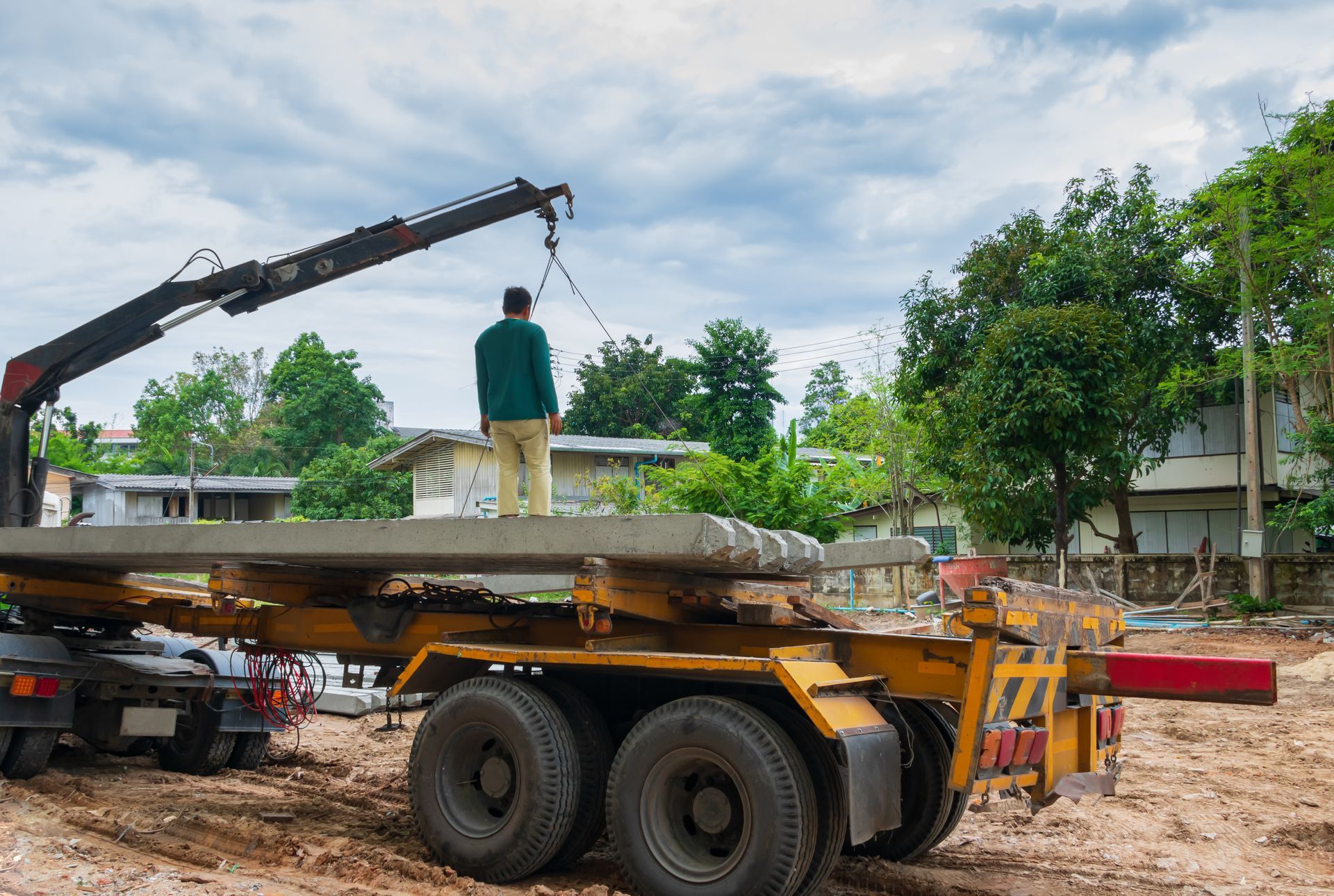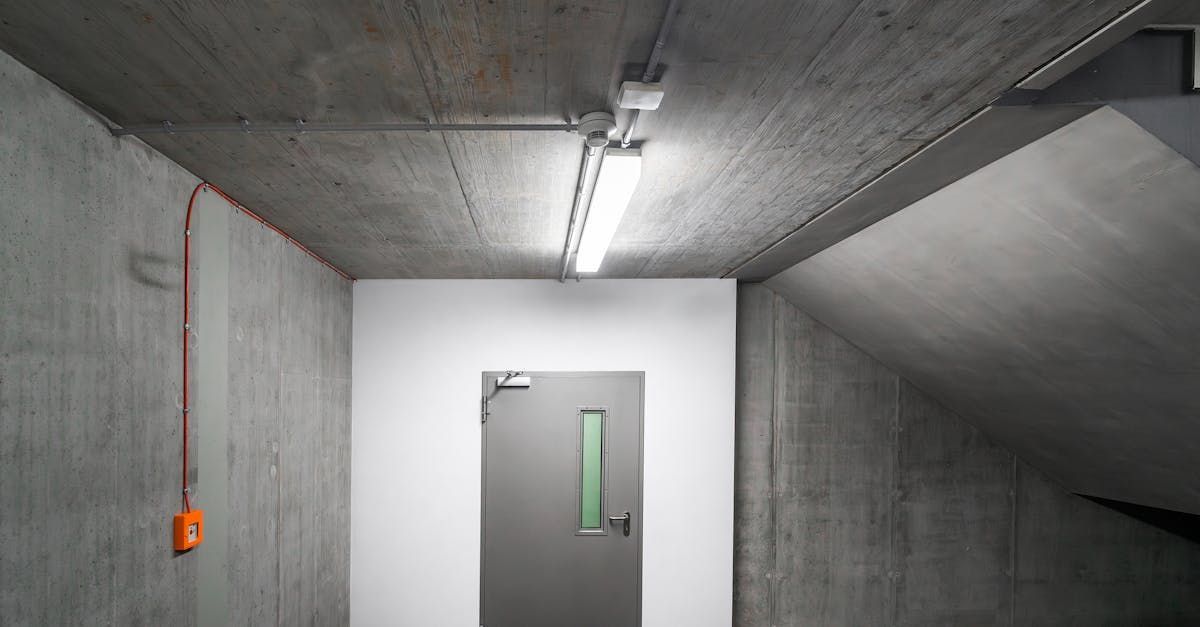The Hidden Dangers of an Unleveled Foundation and How to Fix It
Safeguard Your Home: Expert Tips on Recognizing Foundation Issues and Fixing Them with Professional Foundation Leveling Services
Your home’s foundation is its most critical component, providing structural support and stability. But what happens when your foundation begins to shift or sink? An unleveled foundation can lead to severe problems like structural damage, compromised safety, and costly repairs. Understanding the hidden dangers of an unleveled foundation and how to address them with foundation leveling services is crucial for every homeowner.
In this guide, we’ll explore the risks of ignoring foundation problems, the signs of foundation damage, and how to correct these issues through expert foundation repair services. We’ll also discuss different foundation leveling techniques, such as underpinning, foundation jacking, and home leveling, to help you make informed decisions about maintaining your home’s stability.

Why a Level Foundation is Essential
A level foundation ensures the entire weight of your home is evenly distributed, preventing cracks, shifting, and structural damage. When a foundation becomes uneven due to soil movement, water damage, or other factors, it can compromise the integrity of your entire home. Without timely foundation fixing, problems can escalate, leading to more costly and invasive repairs.
An unleveled foundation can also affect the functionality of your home. Doors and windows may no longer close properly, floors may become uneven, and visible cracks may start to appear. If left untreated, these issues can cause long-term damage to your home’s value and safety.
Hidden Dangers of an Unleveled Foundation
An unleveled foundation can lead to various hidden dangers that you might not notice until the damage is already significant. Here are some of the most common issues caused by an uneven foundation:
1. Cracks in Walls and Ceilings
One of the earliest signs of foundation problems is the appearance of cracks in your walls and ceilings. These cracks may start small but can grow over time if foundation repair is not addressed. Structural shifts due to foundation settling or sinking can cause serious damage to your home’s interior and exterior walls.
2. Doors and Windows Not Closing Properly
If your doors and windows are becoming harder to open or close, it could be a sign of foundation issues. As your foundation shifts, it can cause frames to become misaligned, making doors stick and windows difficult to operate. This is a clear indicator that foundation leveling may be needed.
3. Uneven or Sloping Floors
An unleveled foundation can cause your floors to slope or become uneven. Walking across a room and noticing a dip or incline is a sign that your foundation is no longer level. In this case, you’ll need to consult foundation experts to assess the situation and recommend proper leveling techniques.
4. Water Damage and Moisture Issues
An uneven foundation can lead to water pooling around your home, which in turn causes damage to the structure. Excess moisture can weaken the foundation, cause mold growth, and create the ideal environment for pests. Foundation stabilization through waterproofing and foundation repair can prevent water from seeping into your home.
5. Decreased Property Value
Foundation issues can significantly reduce the value of your home. Potential buyers are often wary of purchasing a house with a history of foundation problems, which means that an unaddressed issue could cost you more in the long run. Regular foundation inspection and timely home foundation repair will help maintain your property’s value and prevent further damage.
How to Fix an Unleveled Foundation
If you’ve noticed any signs of foundation damage, it’s crucial to act quickly. The longer you wait, the more extensive (and expensive) the damage may become. Fortunately, several foundation solutions are available to help level your home and restore its structural integrity. Below, we explore the most common methods for foundation fixing.
1. Foundation Underpinning
Underpinning is a popular technique used to stabilize and strengthen an existing foundation. This process involves extending the foundation depth or repairing the structure by installing piers or supports beneath it. Underpinning foundation is particularly effective for homes built on unstable soil or those affected by ground movement.
Under pinning is often used when the soil supporting the foundation can no longer bear the weight of the home. The technique involves digging beneath the foundation and placing piers that transfer the load to more stable soil or bedrock. Foundation contractors use this method to reinforce the foundation and prevent further sinking or shifting.
2. Foundation Jacking
Foundation jacking is another method used to lift and level a sinking foundation. This process involves inserting hydraulic jacks beneath the foundation to raise it back to its original position. Once the foundation is lifted, it is secured in place using piers or other support systems.
This technique is particularly effective for foundation sinking repair and can provide a long-term solution to leveling issues. However, foundation jacking should only be performed by foundation repair contractors who have experience with hydraulic systems and structural repair.
3. Home Leveling
Home leveling refers to any process used to restore a home’s foundation to its proper position. Whether your foundation has shifted due to soil movement, water damage, or age, leveling ensures that your home is stable and secure.
The leveling process typically involves either foundation jacking or underpinning, depending on the severity of the issue. Working with experienced foundation fixers can help you determine which method is best for your specific situation.
4. Foundation Stabilization
In some cases, your home’s foundation may need additional reinforcement to prevent future movement. Foundation stabilization techniques, such as installing steel piers or wall anchors, can provide added support to weak or shifting foundations. These methods help prevent further damage and ensure that your home remains level over time.
A foundation expert can evaluate your home’s specific needs and recommend the best foundation solutions for stabilizing your foundation.
5. Regular Foundation Inspection
Preventative maintenance is key to avoiding costly foundation repairs. Regular foundation inspection by qualified professionals can help identify potential problems before they become serious. Foundation contractors will check for signs of settlement, cracking, and moisture damage, allowing you to address issues early on.
If you’re unsure whether your foundation is level or at risk, it’s always a good idea to schedule an inspection with foundation repair contractors to assess the situation and provide recommendations for any necessary repairs.
How to Find Foundation Repair Contractors
Choosing the right foundation repair company is essential for ensuring that your home is properly stabilized and leveled. Here are a few tips to help you find the best foundation repair contractors for your needs:
1. Look for Experience
Foundation repair is a specialized field, so it’s important to choose a contractor with experience in home leveling and foundation repairs. Look for companies that have been in business for several years and have a track record of successful projects.
2. Check Credentials
Make sure the foundation repair company you choose is licensed and insured. This protects you in case of accidents or damages during the repair process.
3. Ask for References
A reputable foundation repair company will be happy to provide references from past clients. Don’t hesitate to ask for reviews and testimonials to ensure you’re hiring a trusted professional.
4. Get Multiple Quotes
Before choosing a contractor, get quotes from several foundation repair in my area. Comparing prices and services can help you find the best value for your investment.
5. Inquire About Warranties
Many foundation contractors offer warranties on their work, giving you peace of mind that the repairs will last. Be sure to ask about warranty options when getting quotes.
Conclusion
An unleveled foundation is more than just a cosmetic issue—it can lead to serious structural damage, safety risks, and costly repairs. Recognizing the signs of foundation issues and seeking timely foundation leveling services is crucial for maintaining your home’s stability.
From underpinning to foundation jacking, there are various solutions available to fix an unleveled foundation. By working with experienced
foundation contractors and scheduling regular foundation inspections, you can protect your home from further damage and ensure its long-term safety.
If you suspect your foundation may be unleveled, don’t wait. Reach out to foundation fixers in your area and get the professional help you need to restore your home’s foundation to its original level.
Greensboro Foundation Repair Pros







